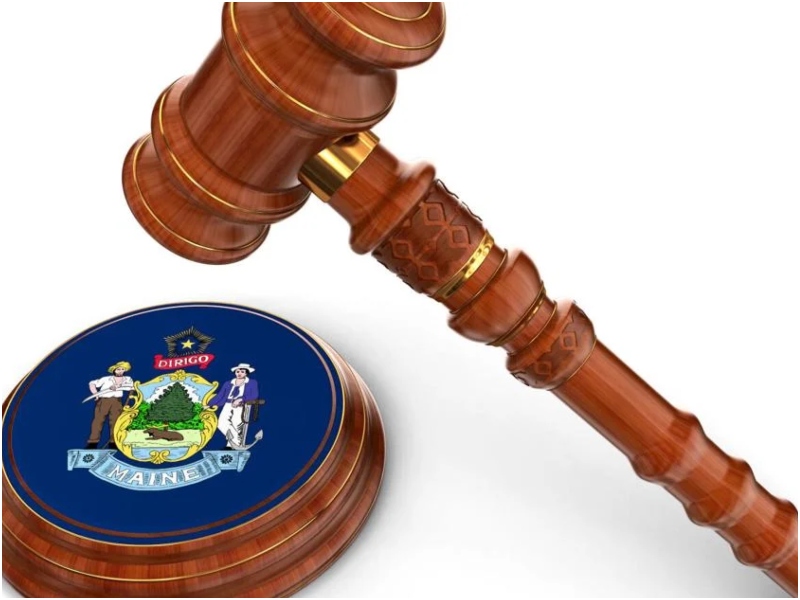Maine’s ongoing struggle to provide adequate legal representation for indigent residents has faced another setback as a proposed settlement to improve the state’s public defender system was rejected by a judge.
In a recent ruling, Justice Michaela Murphy declined to approve a second proposed settlement aimed at addressing the deficiencies in Maine’s system for providing attorneys to those unable to afford them.
Murphy expressed dissatisfaction with the settlement, emphasizing the failure to ensure legal representation for 393 indigent clients, including approximately 100 individuals currently in custody across the state.
The judge’s decision underscores the urgency of the situation, as Maine continues to grapple with a shortage of public defenders and the resulting challenges in upholding the constitutional right to counsel.
Recognizing the immediate needs of defendants without legal representation, Murphy has set a deadline for the ACLU of Maine to file a new civil complaint, outlining a comprehensive plan to address both immediate and long-term issues.
The proposed two-step process outlined by Murphy aims to address the immediate needs of defendants currently without legal counsel, while also implementing systemic changes to ensure ongoing compliance with legal obligations in the future.
This approach reflects the complex nature of the crisis and the necessity for both short-term interventions and long-term solutions.
One of the underlying issues contributing to Maine’s public defender crisis is the high cost of legal education and the financial barriers faced by aspiring attorneys.
The prospect of accumulating substantial debt to pursue a low-paying legal career, coupled with the challenges of practicing in Maine, further exacerbates the shortage of qualified legal professionals.
While robust funding is identified as a fundamental long-term solution to the crisis, the immediate path forward remains elusive.
The judge’s decision signals a call to action for all stakeholders involved to prioritize the rights of indigent individuals in need of legal representation and work towards finding tangible solutions to Maine’s public defender crisis.

